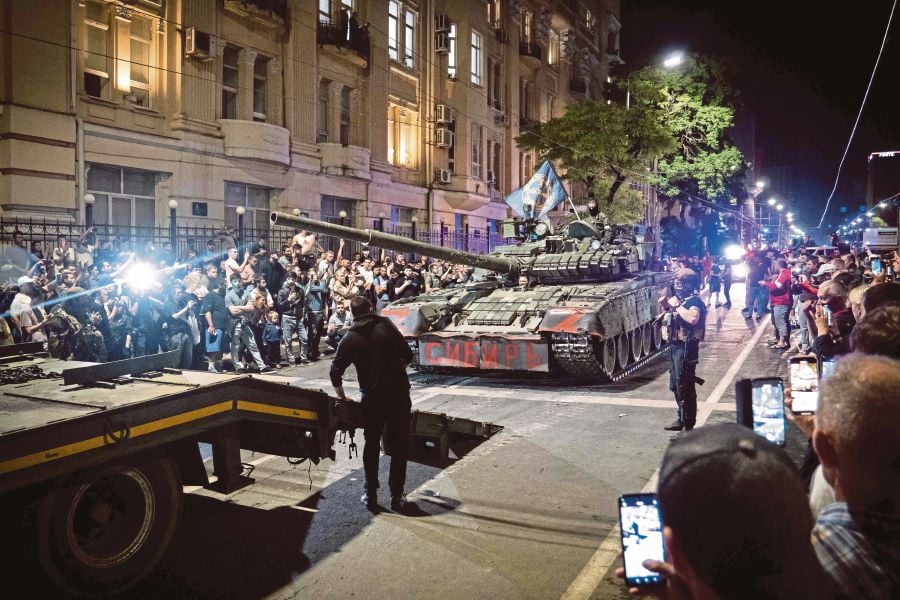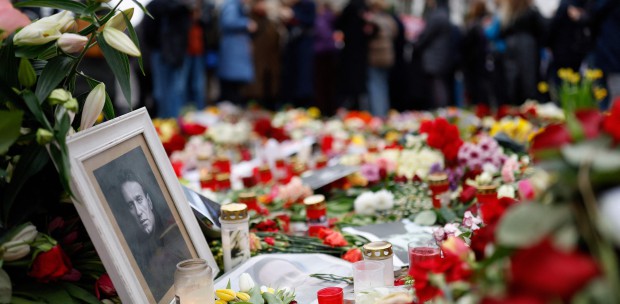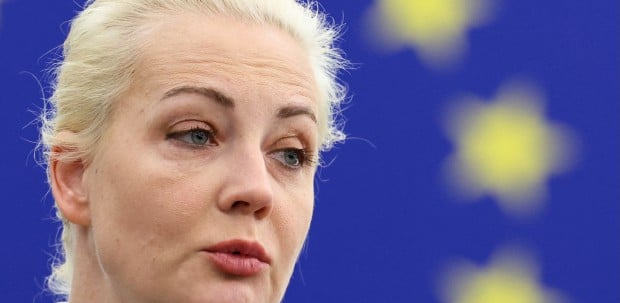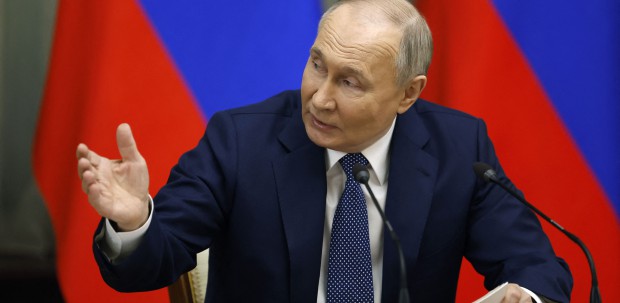PRESIDENT Vladimir Putin has long profited from the actions of the Wagner mercenary group, but the mutiny led by its chief, Yevgeny Prigozhin, presents the Russian strongman with a challenge that could irreparably damage his authority, analysts say.
During its decade-long existence, Wagner's operations in Africa, Syria and eastern Ukraine have served Putin's political interests, with the president appearing to relish, rather than fear, the internal rivalries created by its success.
But now, the organisation, whose development was encouraged by Putin, has turned against him.
Prigozhin, seen as a close ally and known as "Putin's chef" due to past Kremlin catering contracts rather than culinary prowess, has moved into open revolt.
The speed and severity of Pu-tin's address to the nation after Prigozhin said his troops had taken control of the military command centre and bases in the southern city of Rostov-on-Don, shows how seriously he regards the threat.
While the Russian state maintains the military might be able to put down the rebellion and even crush Wagner, the crisis risks inflicting permanent damage on Putin, who for 2½ decades has prided himself on standing on top of an unchallenged vertical power structure.
"Putin's unambiguous position is to put down the rebellion. And hard," Tatiana Stanovaya, head of the R. Politik political analysis firm, said on her Telegram channel, arguing that Prigozhin was "doomed".
But she added: "Many inside the elite will blame Putin for the fact that everything went so far and that there was no proper reaction from the president in good time. Therefore, this whole story is also a blow to Putin's positions."
The British Defence Ministry said in its daily intelligence update that the "loyalty of Russia's security forces... will be key to how the crisis plays out".
The Wagner outfit had taken a prime role in Putin's invasion of Ukraine while sustaining what Western sources have described as colossal losses.
"For a long time, Prigozhin was allowed to attack the elite due to his usefulness at the front, as well as... to Putin himself," said Alexander Baunov, senior fellow at the Carnegie Russia Eurasia Center.
But the war also emboldened Prigozhin, who for the first time openly said he had founded the group after years of denial, and recruited new members in Russian prison camps.
He took to launching brazen verbal attacks against the Russian Defence Ministry.
He waged what grew into a personal vendetta against Defence Minister Sergei Shoigu, one of Putin's few friends in the Russian elite, who has hosted the president for holidays in his home southern Siberian region.
Baunov argued that the moment Prigozhin resolved to "cross the line" came on June 13 when Putin announced that mercenary groups like Wagner would have to be subject to the control of the Defence Ministry, something the mercenary boss had long opposed.
In Putin's icy address on Saturday, he pointedly did not refer to Prigozhin by name, a tactic he also uses concerning the jailed opposition figure Alexei Navalny.
James Nixey, director of the Russia-Eurasia Programme, at UK think tank Chatham House, described Prigozhin "as something of a Frankenstein's monster" who may have had "a licence at some point... to shock the Russian army into more effective warfighting".
"However, that has gone way beyond anything that Putin would ever have envisaged now," he told AFP.
While Prigozhin does not have the "manpower, troops or support" to take Moscow, let alone the entire country, it still "is the first direct serious challenge to Putin's authority in 24 years" of rule.
"Moscow has every chance of regaining control," said French political scientist Anna Colin Lebedev.
"But this unprecedented situation confirms to the elite that the time for stability is over, and that the state that we thought was all-powerful has flaws.
"The seat of power today is a slightly more shaky chair than it was yesterday."
The writer is from the Agence France-Presse news agency





